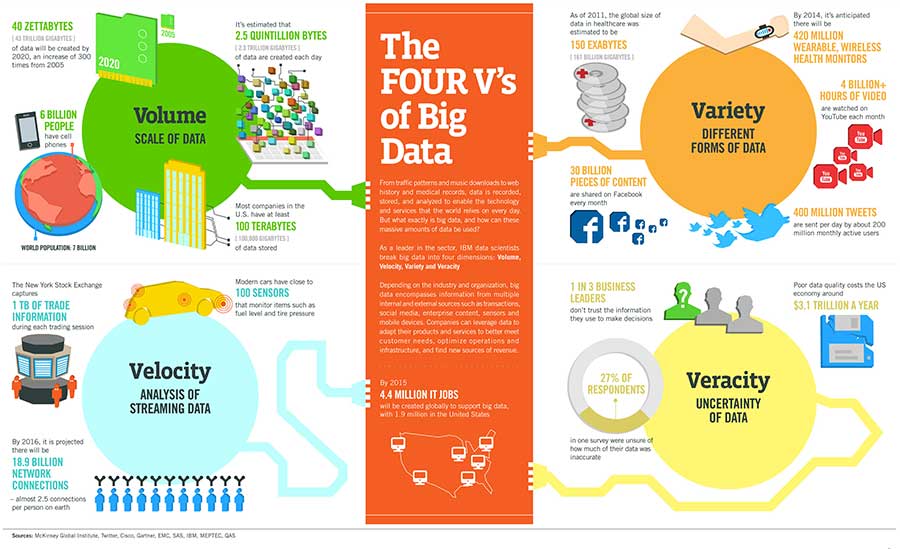How does Europe rate in the Open Data Maturity Report?
The Open Data Maturity 2020 Report is the European Data Portal’s annual benchmarking study on open data developments in Europe. It evaluates the level of open data maturity for EU Member States and the European Free Trade Association (EFTA), which includes Liechtenstein, Norway and Switzerland. For the first time in 2020, the process opened up participation to the Eastern Partnership countries (Azerbaijan, Georgia, Moldova and Ukraine), as well as the United Kingdom after Brexit. The report measures maturity in relation to four dimensions: policy, impact, portal and quality.
In the report, we can identify some trends from 2020:
Top performance
The COVID-19 pandemic has highlighted the real need for data. Europe is well on track to achieve the EU-wide targets for open data and this data is available for citizens to reuse. The need to react tothe disease emergency led many countries to start publishing related data and to develop initiatives and dashboards to make data more easily understandable and useful.
In 2020, European countries showed a large increase in their maturity levels. Therefore, their scores have increased in all dimensions compared to the previous year. The average open data maturity score of EU countries is 78%, up from 66% in 2019.
Denmark takes first place in the 2020 assessment. Ireland, Spain and France retain their position as trendsetters from 2019, the group expands to include Estonia, Poland and Austria.
Interoperability: sharing data
As European countries’ open data proposals mature, their focus has shifted from the quantity of data available to also ensuring its quality. Moreover, quality is not only important by itself, but as a factor of interoperability, i.e. the ability to collaborate within countries and across borders, facilitating the exchange of data between IT systems.
This approach allows us to extract the true value of data and create new products and services.
The need to systematically measure impact
Generating a positive impact on society and economy through the publication of open data has always been the main objective, and all countries make an effort in order to achieve this every year. Measuring impact is a complex task and there is still no convention on how it is best to approach it.
Many European countries are successfully undertaking activities to study the extent to which open data is reused and the value it creates through engagement with the communities that use this data. The European Commission plans to develop a framework for studying shared impact in the coming years.









